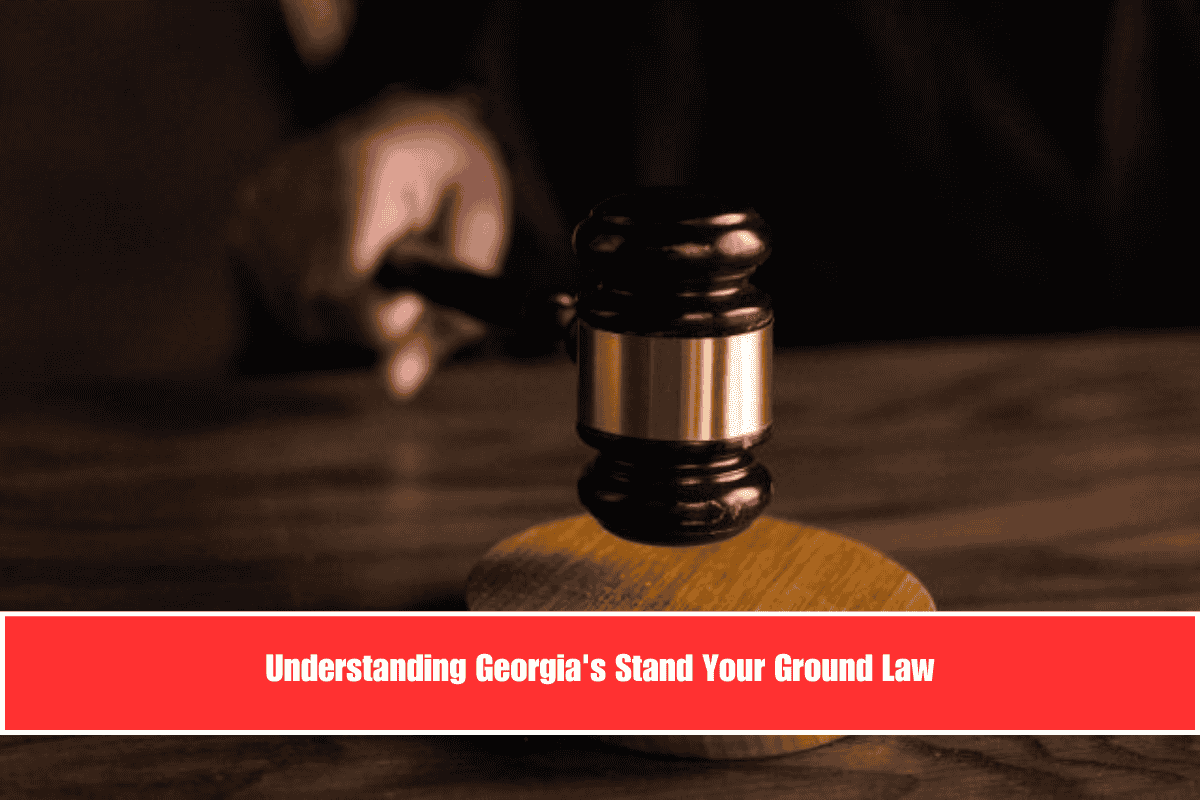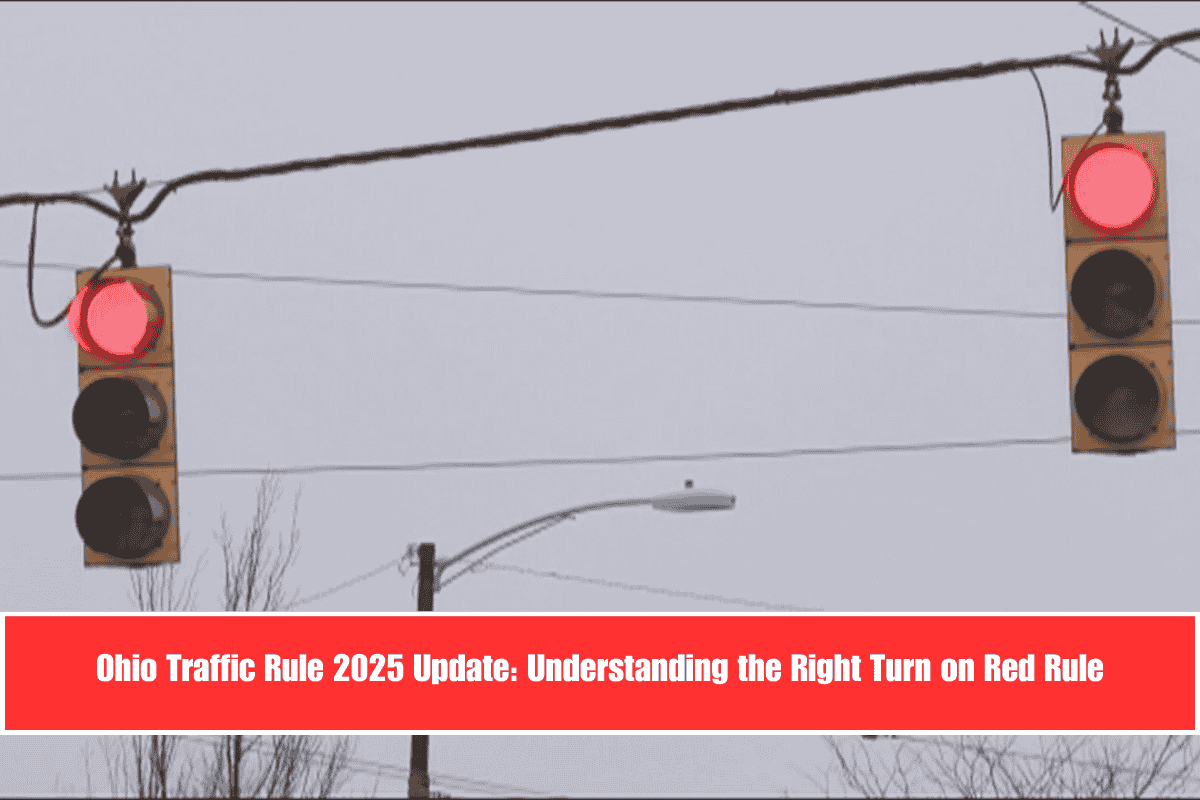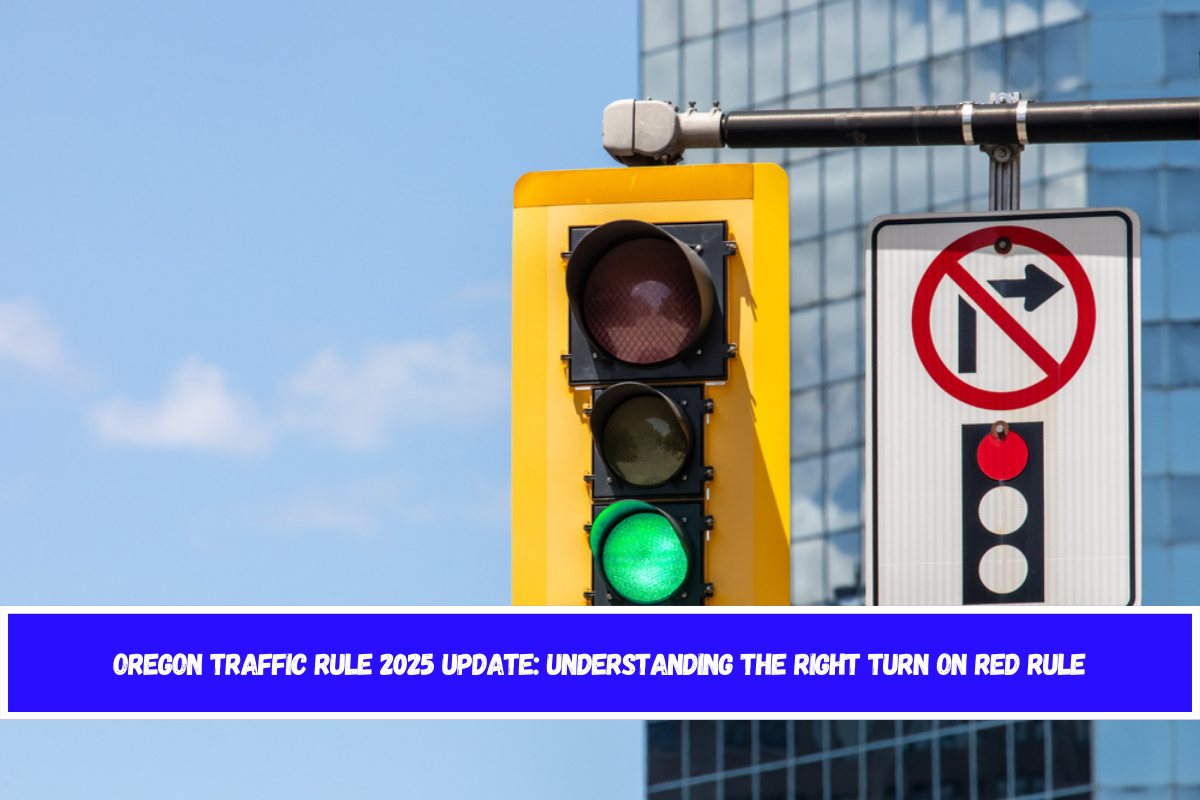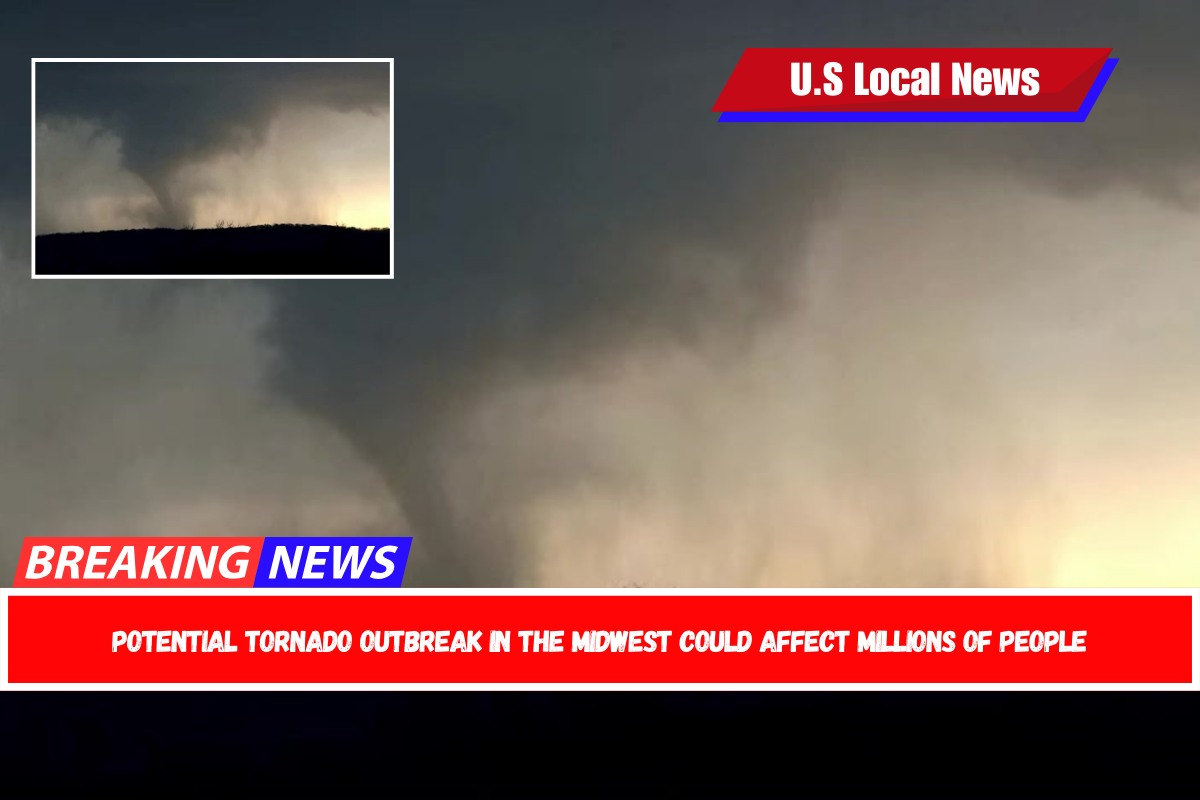Georgia’s Stand Your Ground law allows individuals to use force-including deadly force-in self-defense without any legal duty to retreat, as long as they are in a place where they have a legal right to be. This law is codified in O.C.G.A. § 16-3-23.1 and is designed to protect people who reasonably believe they are facing imminent danger of death, serious bodily injury, or a forcible felony.
Key Provisions
- No Duty to Retreat: You are not required to try to escape or retreat before using force to defend yourself, others, your home, or your property-even if retreat would be possible.
- Use of Deadly Force: Deadly force is justified if you reasonably believe it is necessary to prevent death, great bodily harm, or the commission of a forcible felony against yourself or another person.
- Where It Applies: The law applies anywhere you are lawfully present-not just in your home (which is covered by the separate Castle Doctrine), but also in public spaces, vehicles, or workplaces.
- Defense of Others and Property: The law also permits standing your ground to defend others, your home, or other property under threat.
- Immediate Threat Required: The threat must be real and immediate. The force used must be proportionate to the threat faced.
Limitations and Exceptions
- Initial Aggressor: If you are the one who started the confrontation or provoked the incident, you cannot claim protection under Stand Your Ground.
- Illegal Activity: If you are engaged in criminal activity at the time, you lose the right to claim self-defense under this law.
- Proportionality: The level of force used must be reasonable and proportionate to the threat. Excessive or unnecessary force is not protected7.
- Legal Presence: You must be in a place where you have a legal right to be.
Legal Implications
- Burden of Proof: In self-defense cases, you may need to provide evidence-such as witness statements or video footage-to show your actions were justified.
- Potential Charges: Misuse of the law can result in serious criminal charges, including assault or manslaughter, if the use of force is deemed unreasonable or unjustified.
Table
| Provision | Georgia Stand Your Ground Law |
|---|---|
| Duty to Retreat | No duty to retreat; can stand your ground |
| Where It Applies | Anywhere you are lawfully present |
| Use of Deadly Force | Permitted if facing imminent threat of death/serious harm |
| Defense of Others/Property | Yes, allowed |
| Exceptions | Not for initial aggressors or those committing crimes |
| Proportionality | Force must match level of threat |
Georgia’s Stand Your Ground law gives you the right to defend yourself or others with force-including deadly force-without having to retreat, as long as you are not the aggressor, are not committing a crime, and are responding to an immediate and reasonable threat. Courts will closely examine the circumstances to determine if your actions were justified.
Sources
[1] https://www.georgiacriminallawyer.com/stand-your-ground
[2] https://www.jaygwalllaw.com/blog/what-are-the-rules-on-self-defense-in-georgia/
[3] https://www.georgia-criminalattorney.com/blog/2023/02/when-do-stand-your-ground-laws-apply-in-georgia/
[4] https://www.criminalandduilawofgeorgia.com/2020/06/09/can-you-stand-your-ground-in-self-defense-in-georgia/
[5] https://en.wikipedia.org/wiki/Stand-your-ground_law













